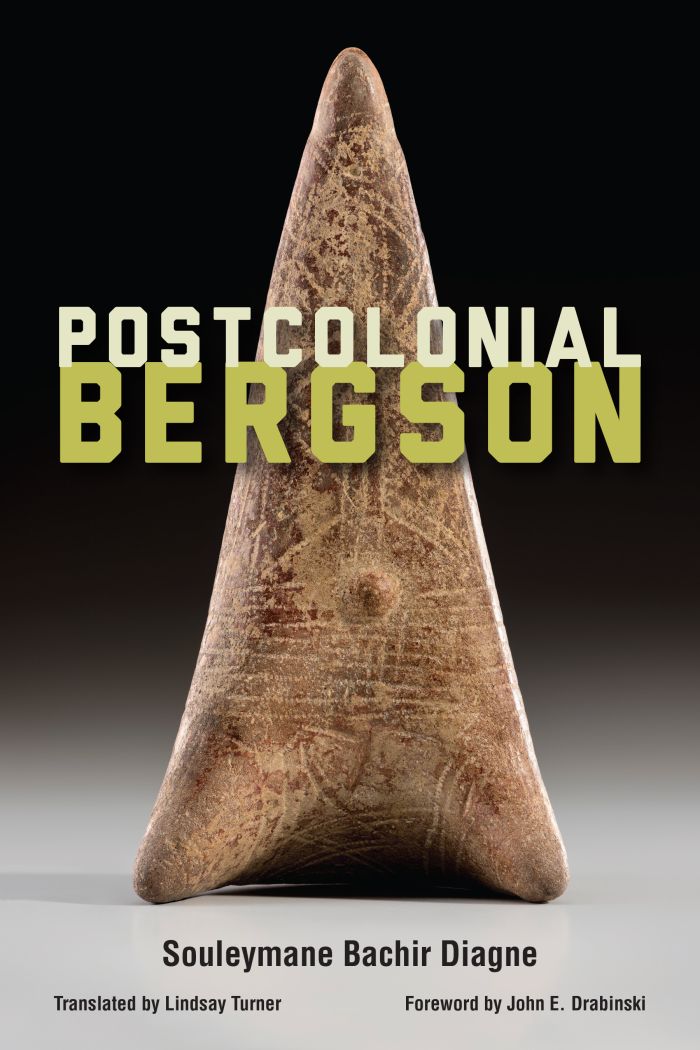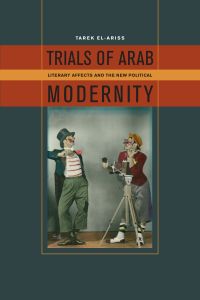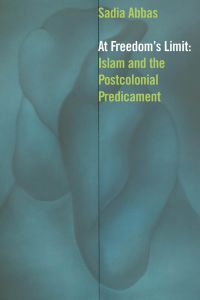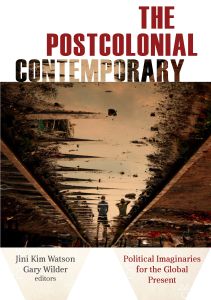Postcolonial Bergson

This book can be opened with

Henri Bergson has been the subject of keen interest within French philosophy ever since being championed by Gilles Deleuze and others. Yet his influence extends well beyond European philosophy, especially within Africa and South Asia. Postcolonial Bergson traces the influence of Bergson’s thought through the work of two major figures in the postcolonial struggle, Muhammad Iqbal and Léopold Sédar Senghor. Poets and statesmen as well as philosophers, both of these thinkers—the one Muslim and the other Catholic—played an essential political and intellectual role in the independence of their respective countries. Both found, in Bergson’s work, important support for their philosophical, cultural, and political projects.
For Iqbal, a founding father of independent Pakistan, Bergson’s conceptions of time and creative evolution resonated with the need for the “reconstruction of religious thought in Islam,” a religious thought newly able to incorporate innovation and change. For Senghor, Bergsonian ideas of perception, intuition, and élan vital—filtered in part through the work of the French philosopher Pierre Teilhard de Chardin—proved crucial for thinking about African art, as well as foundational for his formulations of African socialism and his visions of an unalienated African future.
At a moment of renewed interest in Bergson’s philosophy, this book, by a major figure in both French and African philosophy, gives an expanded idea of the political ramifications of Bergson’s thought in a postcolonial context.
“A truly necessary and crucial contribution to philosophical scholarship and postcolonial studies in all disciplinary manifestations.”—Donna Jones, University of California, Berkeley
“Diagne’s gift is a text like Postcolonial Bergson, a model of rigor and seriousness, but also an occasion of real interpretative playfulness and innovation. This book is full of risks in the very same moment that it displays, at every turn, fidelity to texts and their genealogies.”—John E. Drabinski, from the Foreword
Foreword: Locating the Postcolonial Idea | vii
John E. Drabinski
Introduction | 1
1 Bergsonism in the Thought of Léopold Sédar Senghor | 21
2 Senghor’s African Socialism | 37
3 Bergson, Iqbal, and the Concept of Ijtihad | 57
4 Time and Fatalism: Iqbal on Islamic Fatalism | 77
Conclusion | 95
Acknowledgments | 99
Notes | 101
Index | 117




